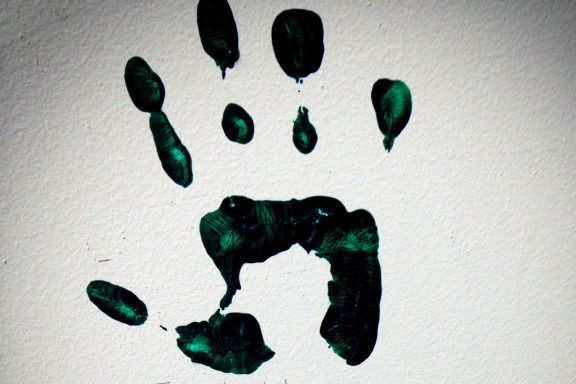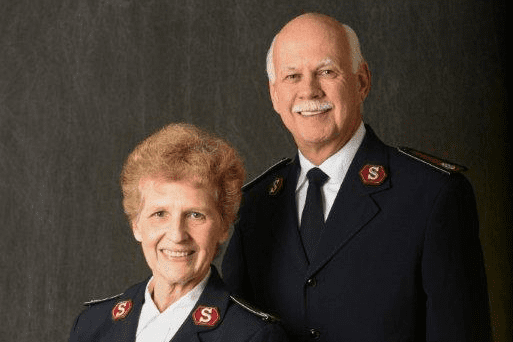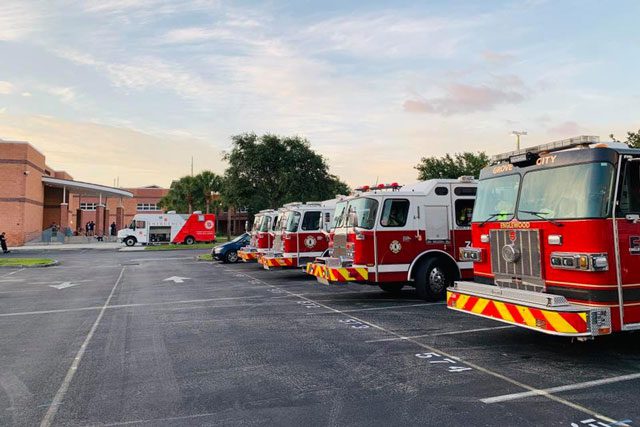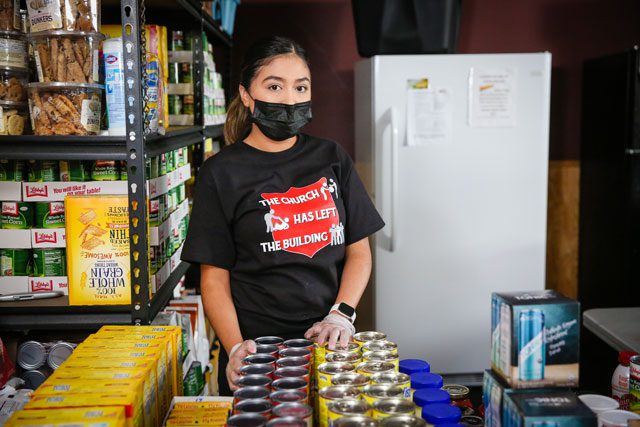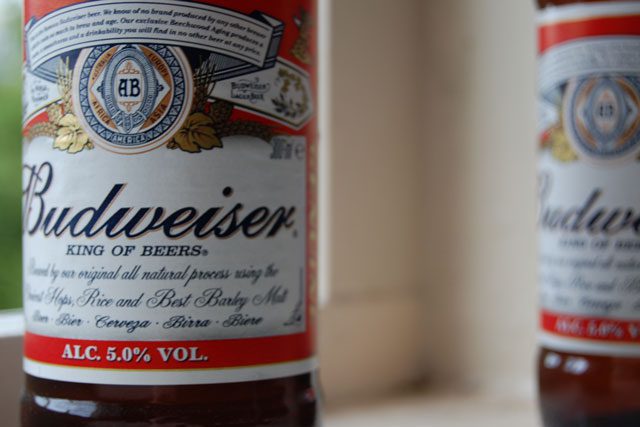Philadelphia anti-trafficking program plans creative social enterprise for clients.
By Vivian Gatica –

The Salvation Army Philadelphia Anti-Human Trafficking program recently received a $15,000 grant to launch a creative arts project for women living in its new drop-in center.
Former trafficking victims will have the opportunity to refurbish and decorate furniture with their own artwork at the New Day Drop-in Center. The profits from the furniture sold will then be distributed to each artist.
“We really believe and value the power of art and people being able…to utilize a skill that makes them feel like they’ve accomplished something,” said Jamie Manirakiza, director of anti-trafficking and social services for The Salvation Army of Greater Philadelphia. “Plus, there’s something kind of soothing of working on a piece of art and watching it develop.”
The New Day Drop-in Center opened last year on Kensington Avenue, an epicenter for human trafficking, according to Manirakiza. The facility offers access to basic necessities to 10-20 women a day.
“We’re just really valuing the fact that people need some normalcy in their lives; people need to have the opportunity to feel like they are human and like they’re doing something that’s normal and helpful…and I think that it’s really powerful when someone can sit down and do that and feel like for that brief moment in time they’re not getting beat up and on the street,” Manirakiza said. “They’re doing something that makes them feel creative.”
The Salvation Army Philadelphia anti-trafficking staff works on advocacy and other social service efforts. They’ve represented The Salvation Army on the Philadelphia Anti-Trafficking Coalition since 2009, and more recently advocated for Act 105, which defined sex trafficking in Pennsylvania. The law passed last year.
“It’s a step in the right direction,” Manirakiza said. “Basically, before this law [Pennsylvania] didn’t define sex trafficking; we didn’t have a definition in our crime code for sex trafficking, which really didn’t allow prosecutors in our state to prosecute the crime of sex trafficking because it didn’t really exist on a state level. We only had a labor services for trafficking definition, so we were a really weak state when it came to legislation so we participate in a lot of those efforts and kind of mobilization of partners to get on board and push the legislature.”
Additional program efforts include public outreach and awareness, panels on victim services and monthly trauma groups at the juvenile human trafficking court in Philadelphia.
“I think that [human trafficking has] always been going on in Philadelphia. It’s a matter of we haven’t noticed it as much, so in the past 10 years a lot of [organizations] have gotten on board with calling it what it is,” Manirakiza said. “It’s always been there. It’s not something new.”








